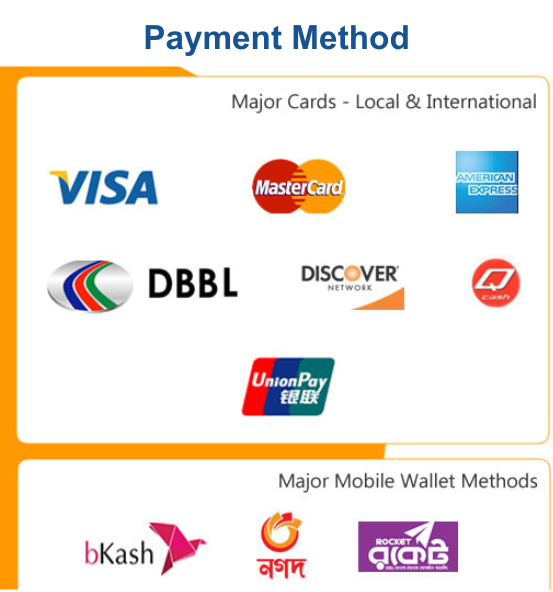The IELTS Listening section can be a daunting task, but with the right preparation and strategies, you can significantly boost your performance. This guide will equip you with essential tips and techniques to help you excel in the IELTS Listening test, specifically tailored for Next Step IELTS aspirants.
Understanding the IELTS Listening Test
The IELTS Listening test consists of four sections, each with ten questions, for a total of 40 questions. You will listen to a variety of recordings, including conversations, lectures, and discussions, and answer questions based on what you hear. The recordings are played only once, so it’s important to be focused and attentive.
Key Areas for Improvement
1. Predicting
- Before each recording starts, quickly read the questions to get an idea of what to expect.
- Pay attention to the context, keywords, and any visuals provided.
- This will help you anticipate the type of information you need to listen for.
2. Focusing
- Concentrate on the recording and avoid distractions.
- Listen actively for the specific information needed to answer the questions.
- Don’t get sidetracked by unfamiliar words or complex sentences.
3. Note-Taking
- Develop effective note-taking skills to capture key information.
- Use abbreviations and symbols to save time.
- Organize your notes in a clear and concise manner.
4. Understanding Different Accents
- Familiarize yourself with different English accents, such as British, American, Australian, and Canadian.
- Listen to a variety of recordings to train your ear to understand different pronunciations and intonations.
5. Identifying Keywords
- Pay close attention to keywords and phrases that signal important information.
- These might include numbers, dates, names, locations, and specific verbs or nouns.
6. Following Instructions
- Carefully read the instructions for each question type.
- Make sure you understand what is required before you start listening.
- Pay attention to any word limits or specific formatting requirements.
7. Managing Time
- Use the time provided before each recording to read the questions and predict the answers.
- During the recording, focus on listening and taking notes.
- After the recording, quickly transfer your answers to the answer sheet.
8. Checking Answers
- If you have time at the end, review your answers and make any necessary corrections.
- Pay attention to spelling and grammar.
- Make sure your answers are clear and legible.
General Tips for Improvement
1. Practice Regularly
- Consistent practice is key to improving your listening skills.
- Use official IELTS practice materials to familiarize yourself with the test format and question types.
- Aim to practice listening to English every day, even if it’s just for a few minutes.
2. Listen to a Variety of Materials
- Expose yourself to different types of recordings, such as podcasts, news broadcasts, lectures, and interviews.
- This will help you develop your ability to understand different accents, speaking styles, and topics.
3. Focus on Weak Areas
- Identify your specific weaknesses in listening, such as understanding fast speech, following complex instructions, or distinguishing similar-sounding words.
- Target these areas with focused practice and seek additional support if needed.
4. Improve Your Vocabulary
- A strong vocabulary is essential for understanding the recordings and answering the questions accurately.
- Learn new words and phrases regularly and practice using them in context.
5. Develop Your Grammar
- A good understanding of grammar will help you comprehend the meaning of sentences and identify key information.
- Review basic grammar rules and practice using them in listening exercises.
6. Stay Calm and Confident
- It’s natural to feel nervous during the test, but try to stay calm and focused.
- Believe in your abilities and approach the test with a positive attitude.
7. Use Next Step IELTS Resources
- Next Step IELTS offers a range of resources to help you improve your listening skills, including online courses, practice tests, and personalized feedback.
- Take advantage of these resources to enhance your preparation and boost your confidence.
Specific Tips for Different Question Types
1. Multiple Choice
- Read all the options carefully before listening.
- Identify keywords in the question and options.
- Eliminate obviously incorrect options.
- Listen for paraphrases and synonyms.
2. Matching
- Read the list of options and the statements carefully.
- Identify keywords in both.
- Listen for specific information that matches the statements to the options.
3. Sentence Completion
- Read the incomplete sentences carefully.
- Identify the type of information missing (e.g., noun, verb, adjective).
- Listen for the missing information and complete the sentences grammatically.
4. Form Completion
- Read the form carefully and identify the type of information required for each gap.
- Listen for the specific information and fill in the gaps accurately.
5. Note Completion
- Read the notes carefully and identify the key points.
- Listen for the missing information and complete the notes using keywords and phrases.
6. Table Completion
- Read the table carefully and identify the headings and categories.
- Listen for the specific information and complete the table accurately.
7. Flow-Chart Completion
- Read the flow-chart carefully and identify the sequence of events or steps.
- Listen for the missing information and complete the flow-chart logically.
8. Summary Completion
- Read the summary carefully and identify the key points.
- Listen for the missing information and complete the summary using keywords and phrases.
9. Labeling a Diagram
- Study the diagram carefully and identify the different parts.
- Listen for descriptions or instructions related to the diagram.
- Label the parts accurately using the information provided.
10. Short-Answer Questions
- Read the questions carefully and identify the key information required.
- Listen for the specific answers and write them concisely.
- Pay attention to any word limits.
Conclusion
Improving your IELTS listening skills requires dedication and consistent effort. By following these tips and utilizing the resources provided by Next Step IELTS, you can enhance your performance and achieve your desired score. Remember to practice regularly, focus on your weak areas, and approach the test with confidence. With the right preparation, you can succeed in the IELTS Listening section.
Remember:
- The key to success is consistent practice and a willingness to learn.
- Don’t be afraid to make mistakes; they are a valuable part of the learning process.
- Stay motivated and believe in yourself.
- Good luck on your IELTS journey!
I hope this comprehensive guide helps you in your IELTS listening preparation. If you have any further questions, feel free to ask!


